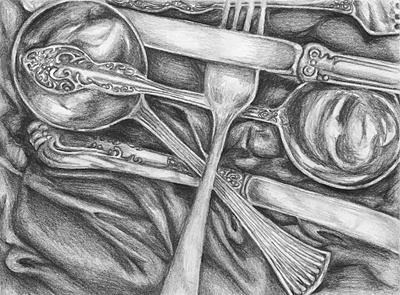All Nonfiction
- Bullying
- Books
- Academic
- Author Interviews
- Celebrity interviews
- College Articles
- College Essays
- Educator of the Year
- Heroes
- Interviews
- Memoir
- Personal Experience
- Sports
- Travel & Culture
All Opinions
- Bullying
- Current Events / Politics
- Discrimination
- Drugs / Alcohol / Smoking
- Entertainment / Celebrities
- Environment
- Love / Relationships
- Movies / Music / TV
- Pop Culture / Trends
- School / College
- Social Issues / Civics
- Spirituality / Religion
- Sports / Hobbies
All Hot Topics
- Bullying
- Community Service
- Environment
- Health
- Letters to the Editor
- Pride & Prejudice
- What Matters
- Back
Summer Guide
- Program Links
- Program Reviews
- Back
College Guide
- College Links
- College Reviews
- College Essays
- College Articles
- Back
Sinigang
My babysitter has been my babysitter all my life. She came when I was born from the Philippines, leaving behind her family to take care of ours. She was my mother’s caretaker as well, and they are among the closest of friends now. It is extremely awkward for me to use the term ‘babysitter’. The term ‘babysitter’ was coined as someone who comes from 8 am – 6 pm. She will pick up your children from school and take care of things around the house. I think of Nana more as a surrogate mom. While my mom was, obviously, incredibly present throughout my childhood, those rare nights where she would not be home, Nana would be the one giving me my medicine when I was sick. Nana would be the one cooking our food and telling stories to my younger brother. Nana is a family member through and through. When she comes up in my memories, I think of her playing with my brother and me as if we were her own children, I think of comforting Filipino home-cooking and completely unconditional love. The corniness of that is so much easier to say when you truly mean it.
One of Nana’s most memorable dishes to me is Sinigang. Sinigang is a Philippine soup with beef, bok choy, string bean, and Oriental radish. It is brewed for many hours at a time with lemon, giving it a savory, slightly sour flavor. My brother and I are quite picky, and my mother generally is never in the mood for something heavy for dinner. But no matter how many times we have Sinigang in our family, there are no leftovers. In the Philippines, when other people make it, it always, somehow, never tastes quite the same. It seems to burn your tongue and scald your throat. It is overly-infused with ginger and soy. I leave nearly everything in my bowl.
After the flight back from Bacolod, Nana cooks Sinigang for my brother and I. This has become a tradition. And so we sit at the breakfast bar, only awake so late due to jet lag, sipping Sinigang, never getting tired of the same, familiar, taste. Only Nana can make it unlike anything else.

